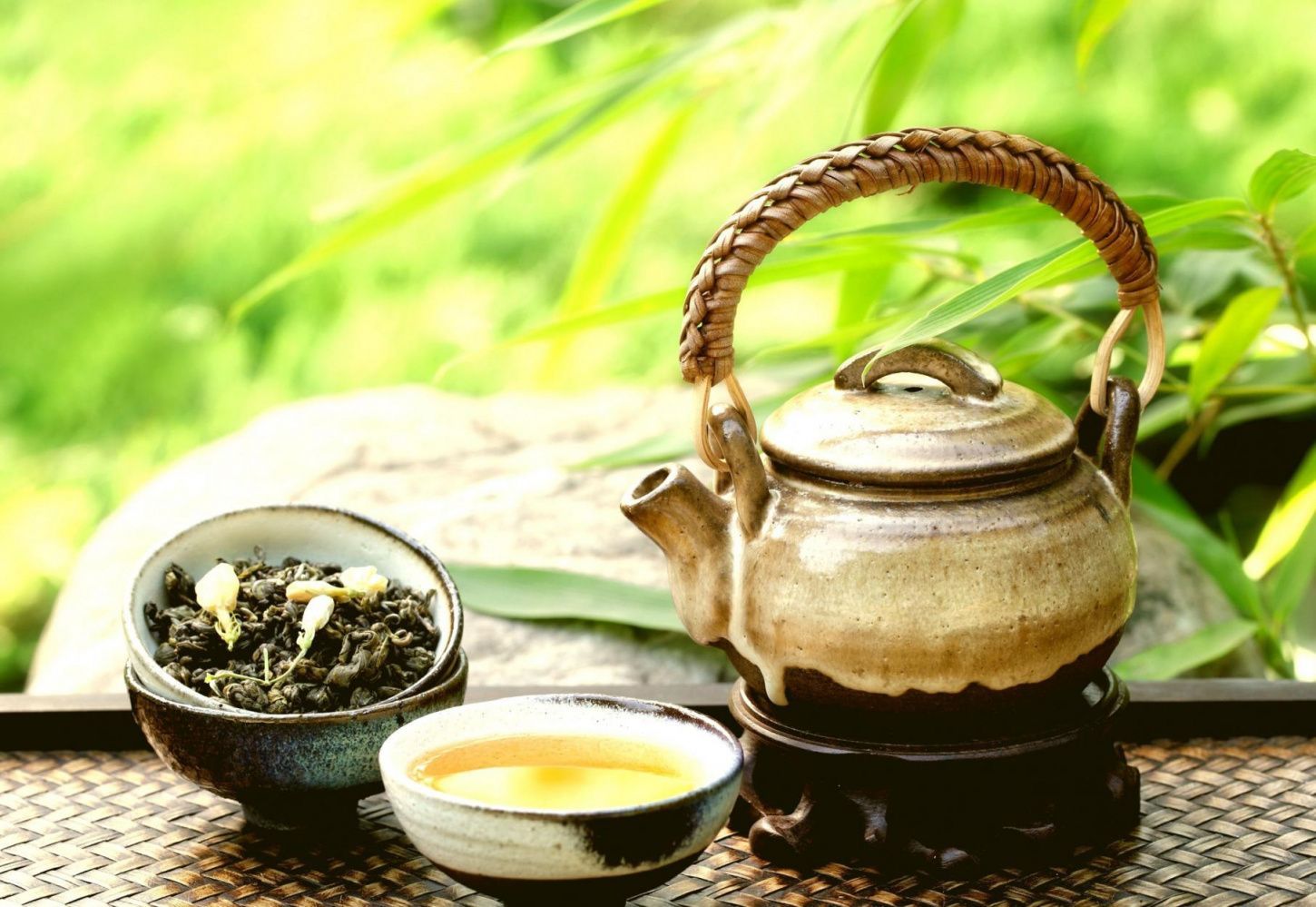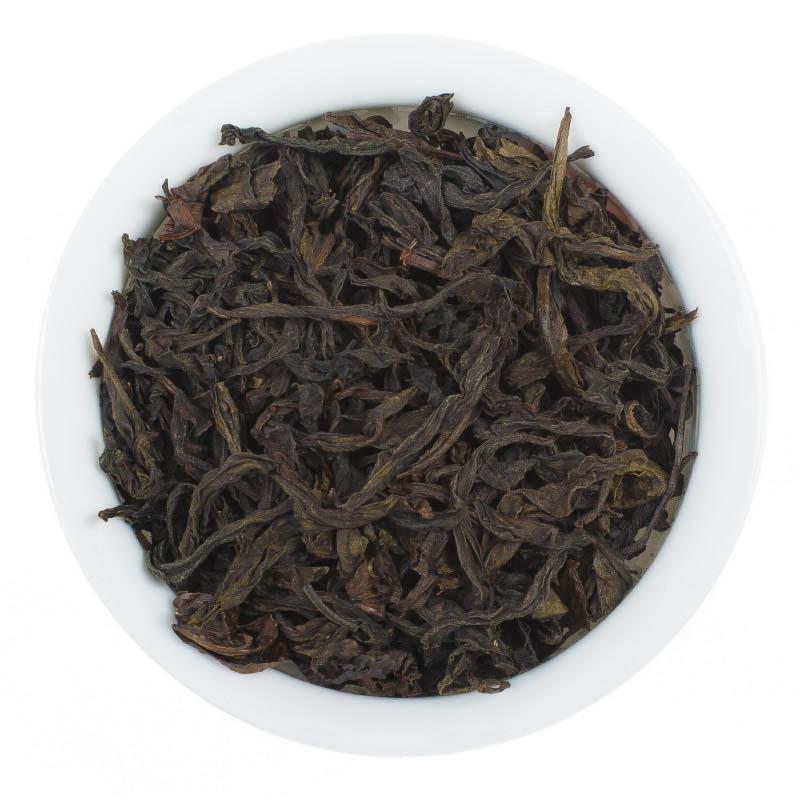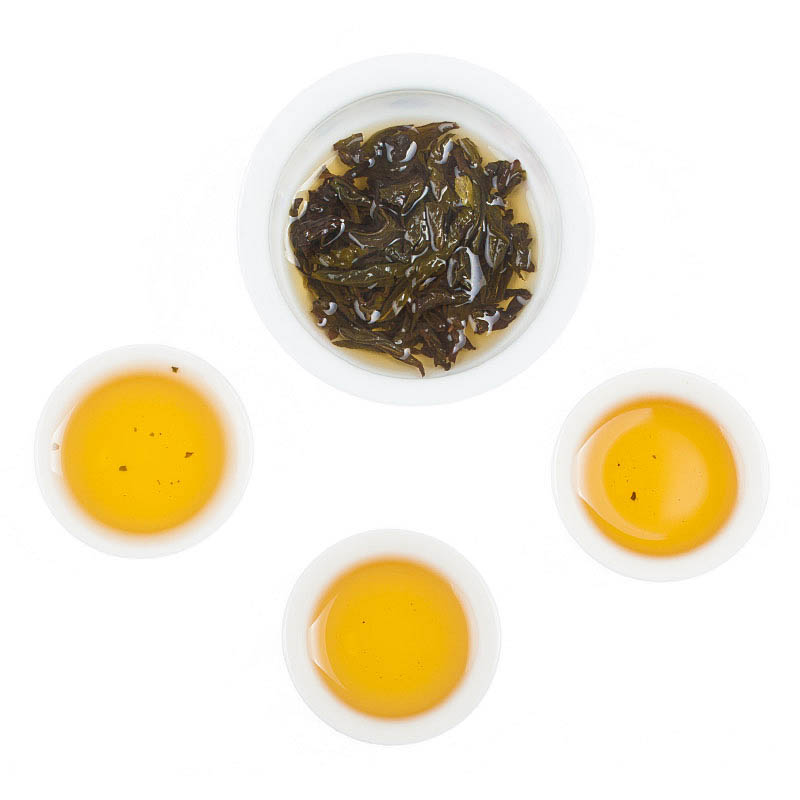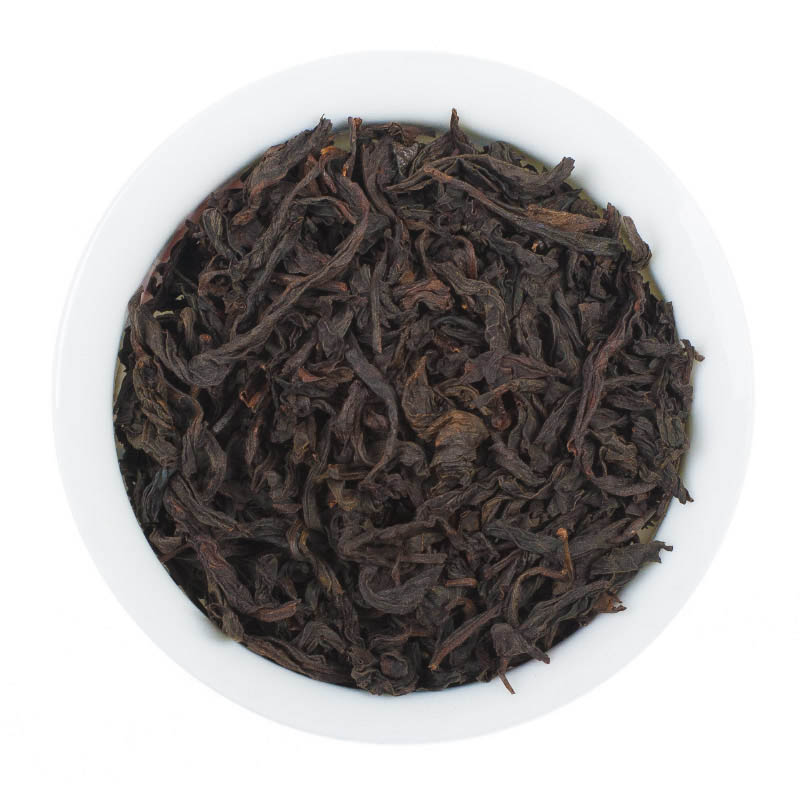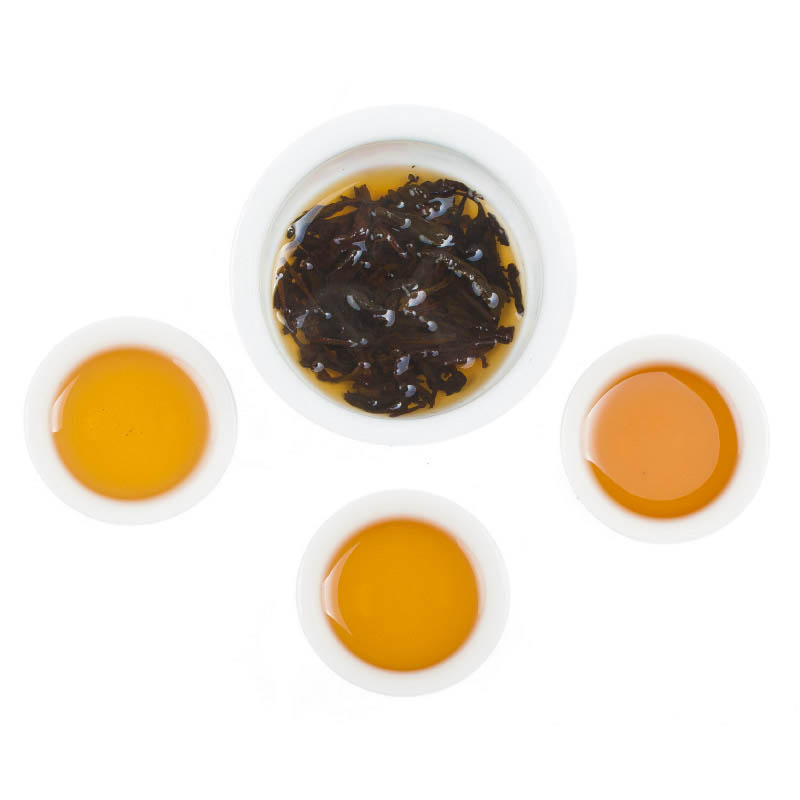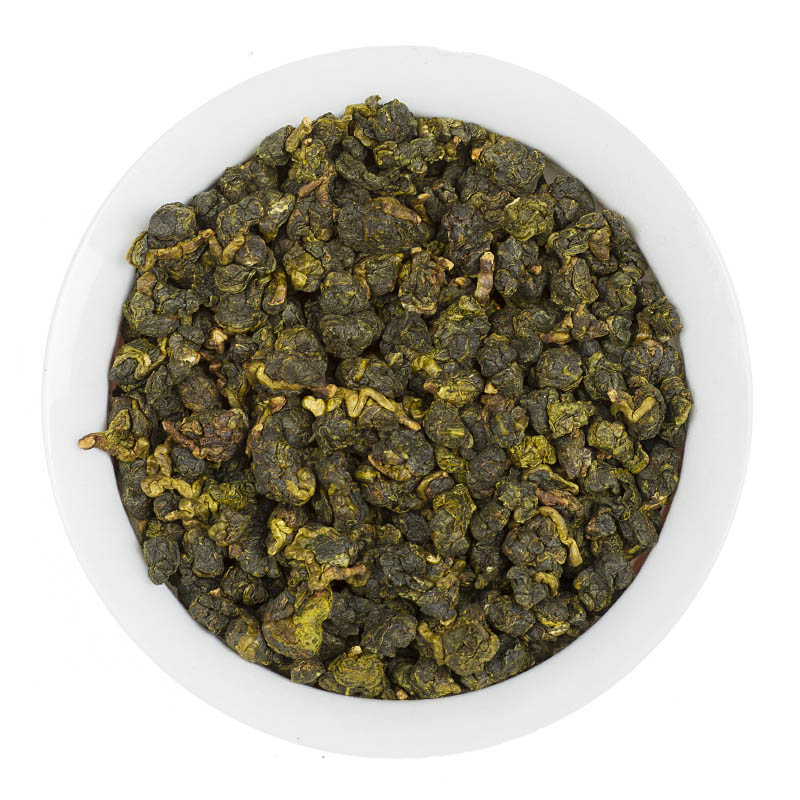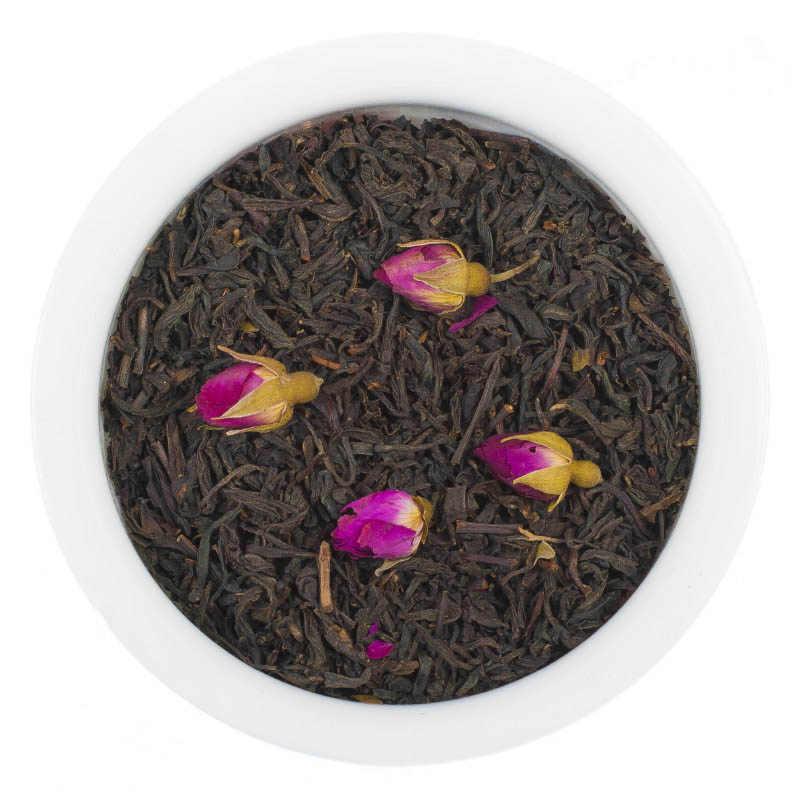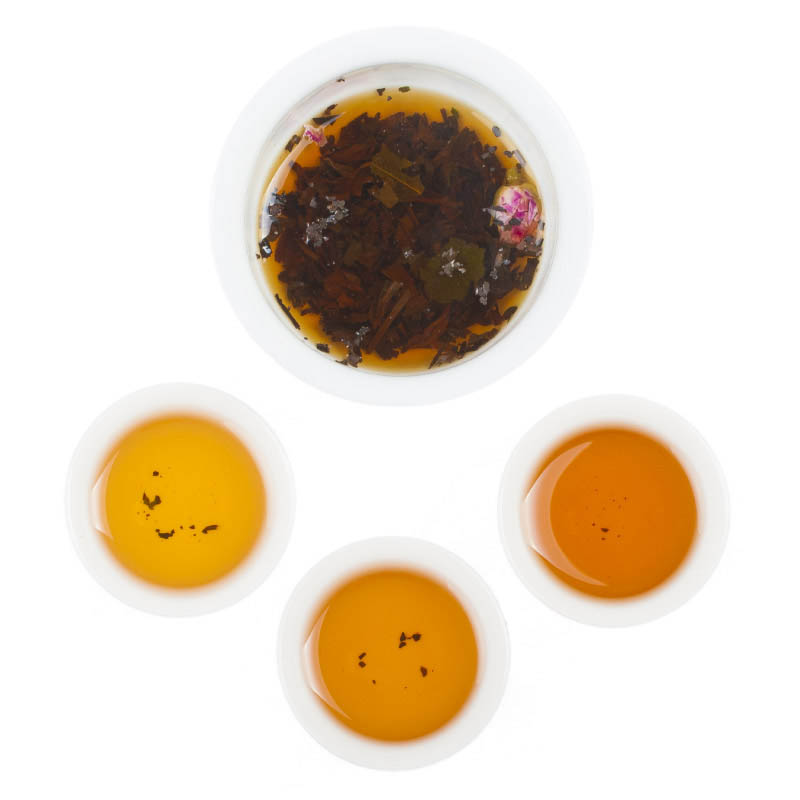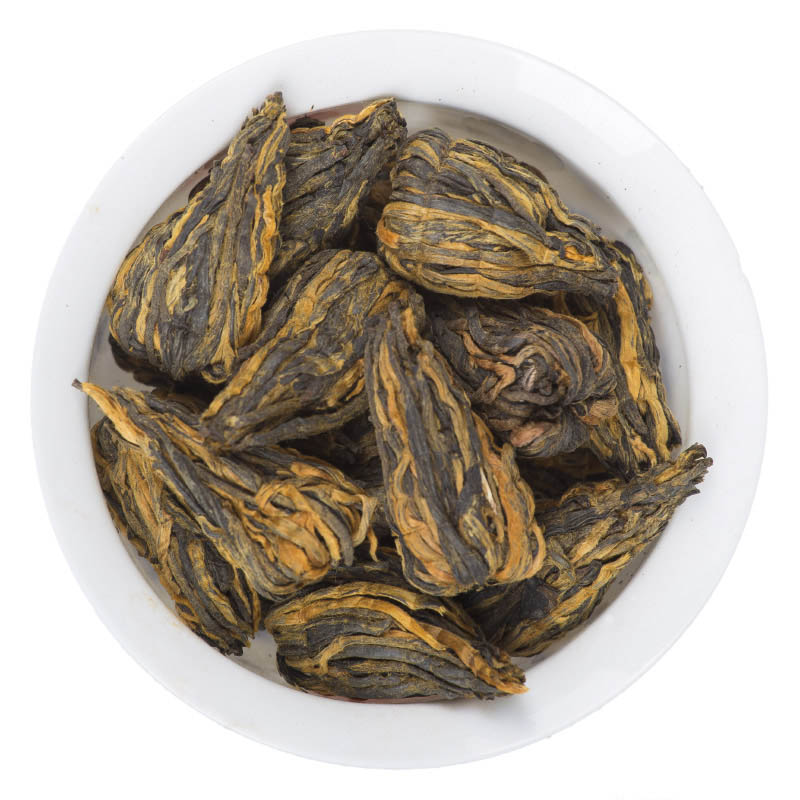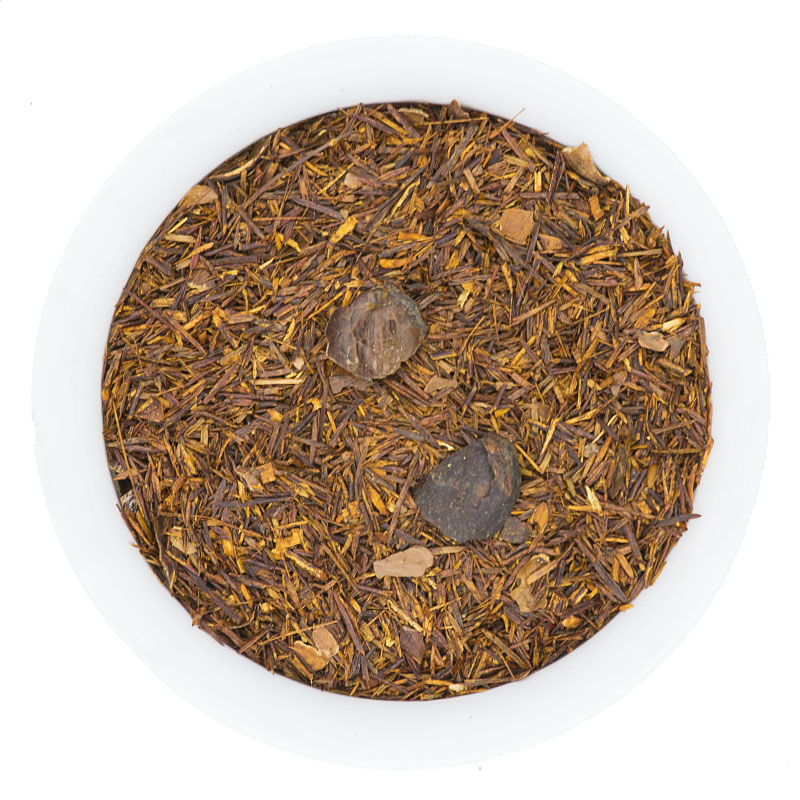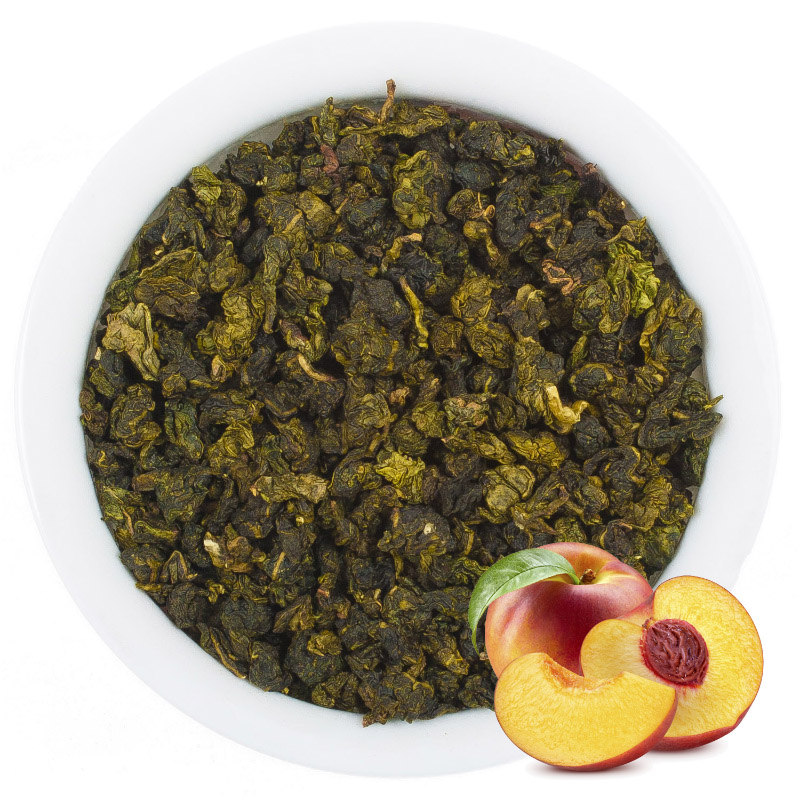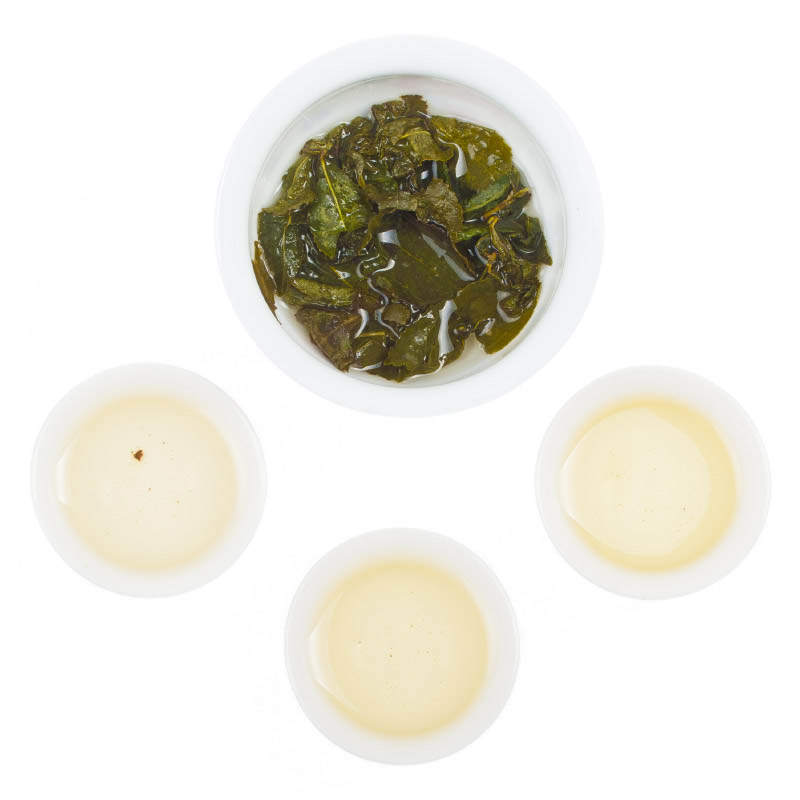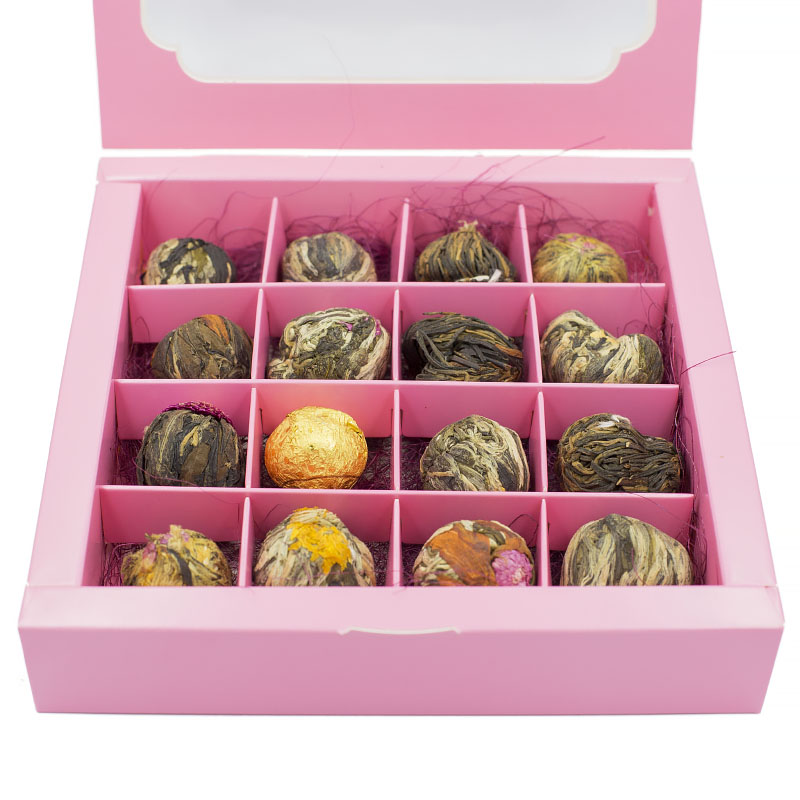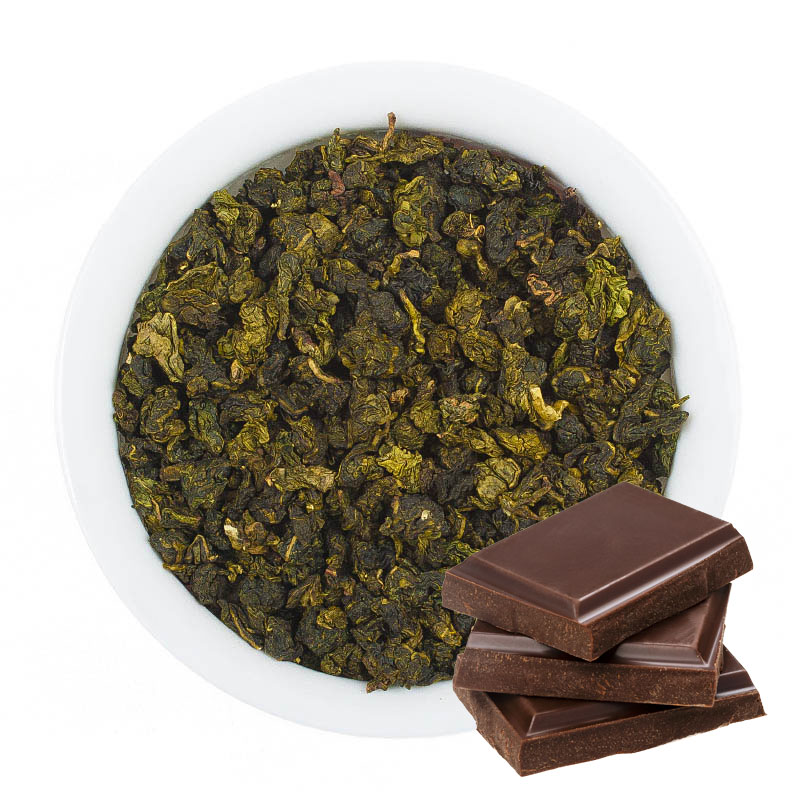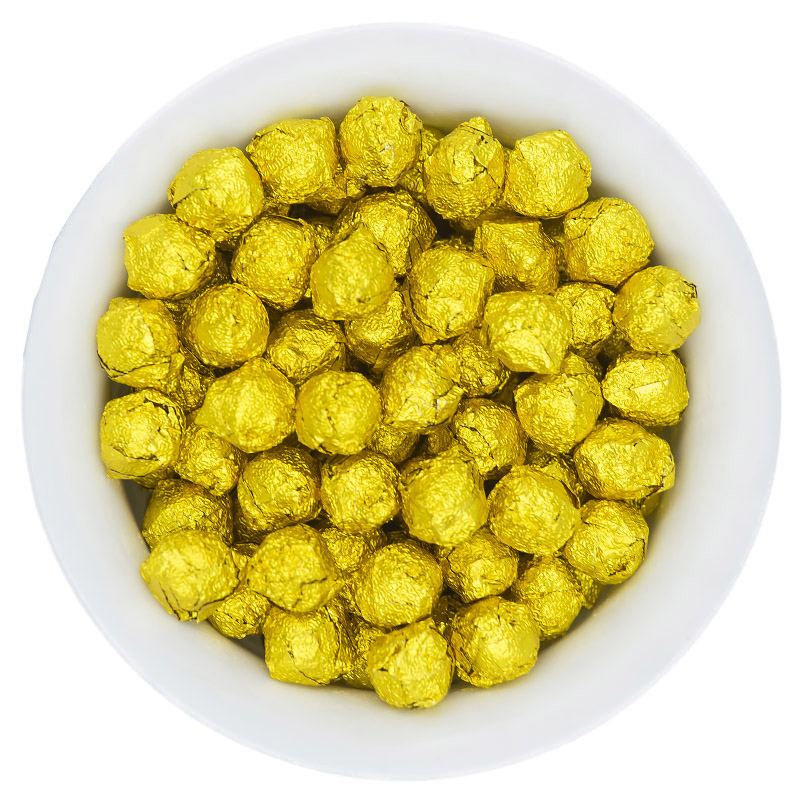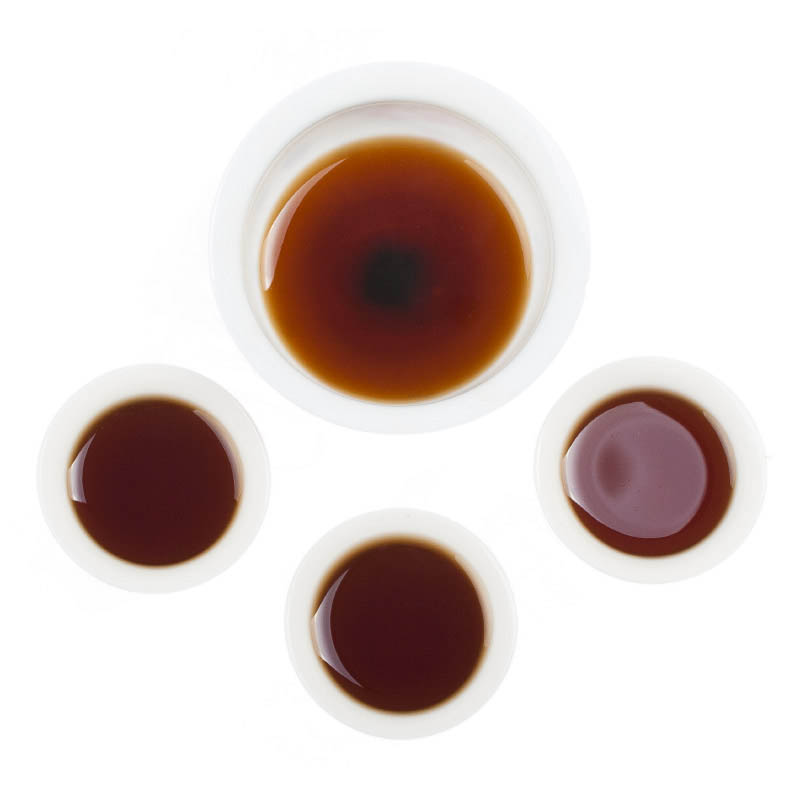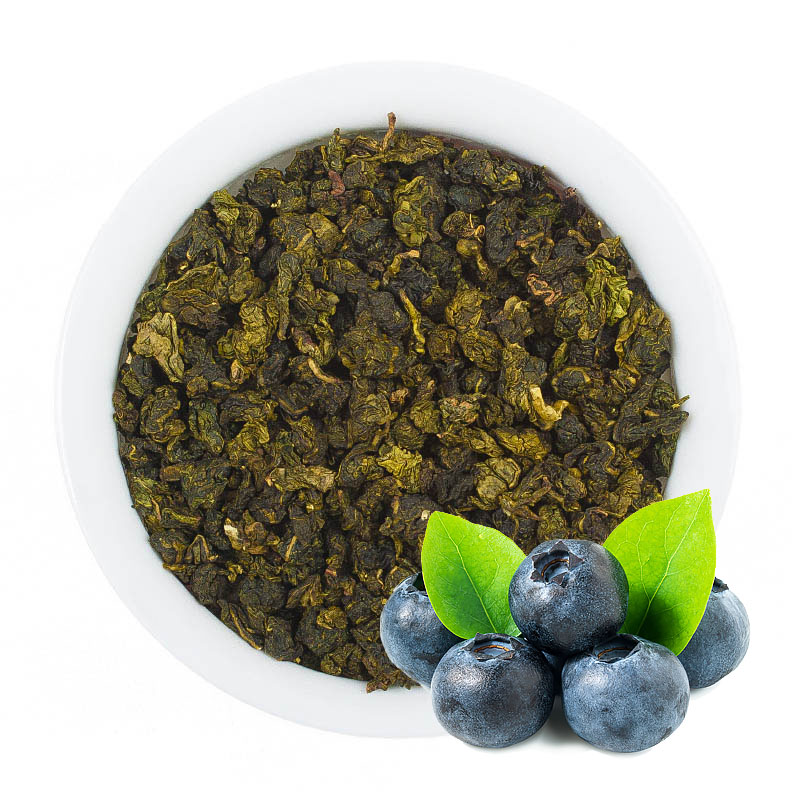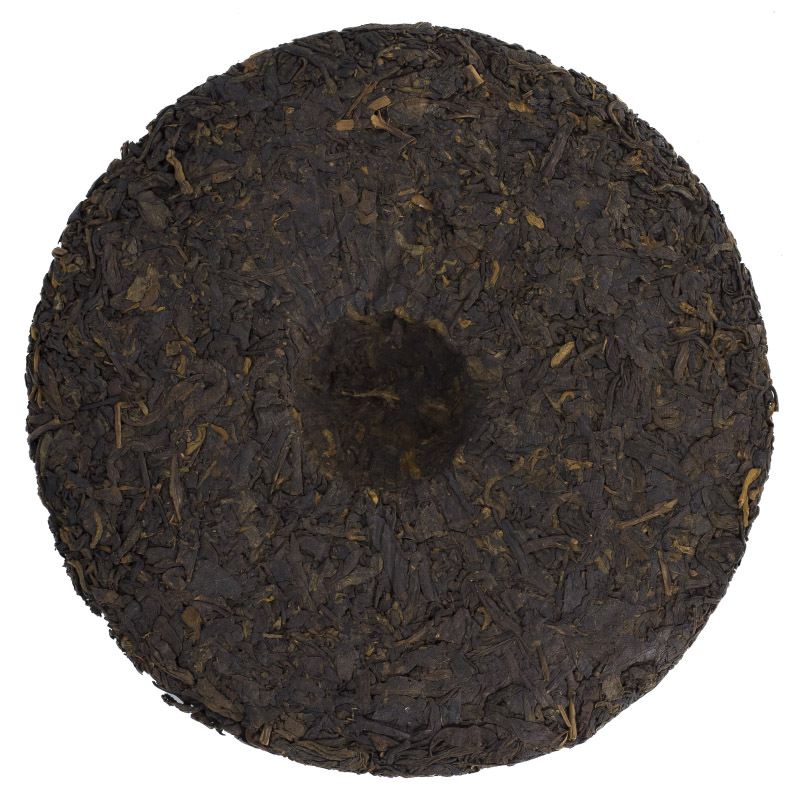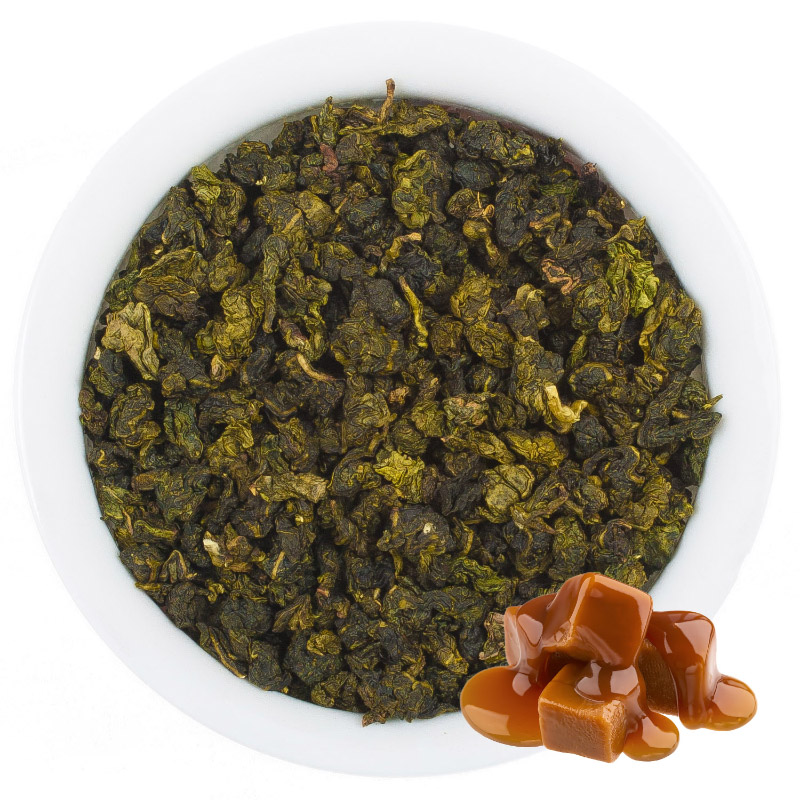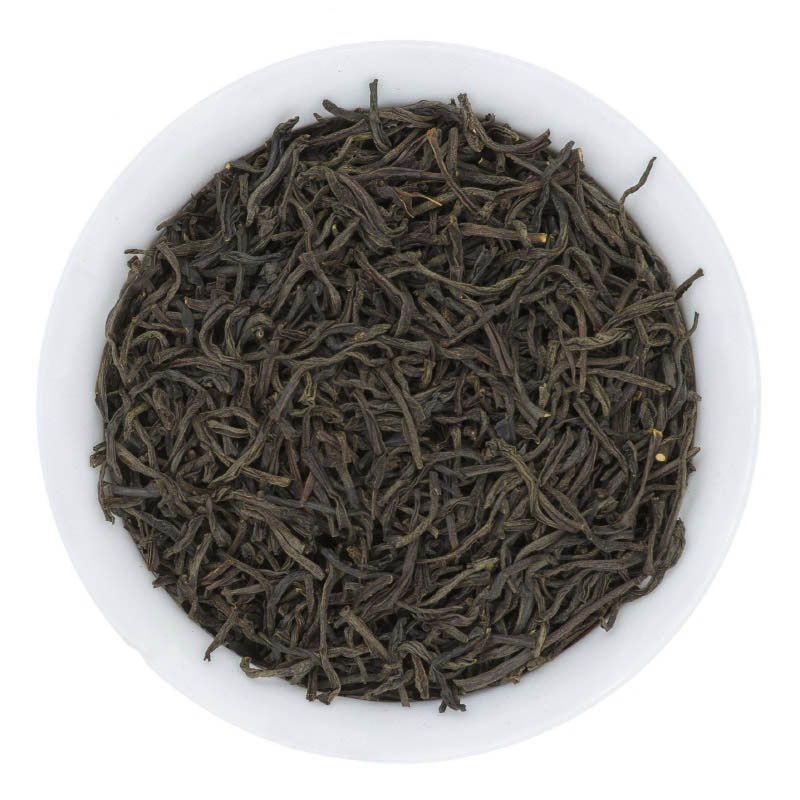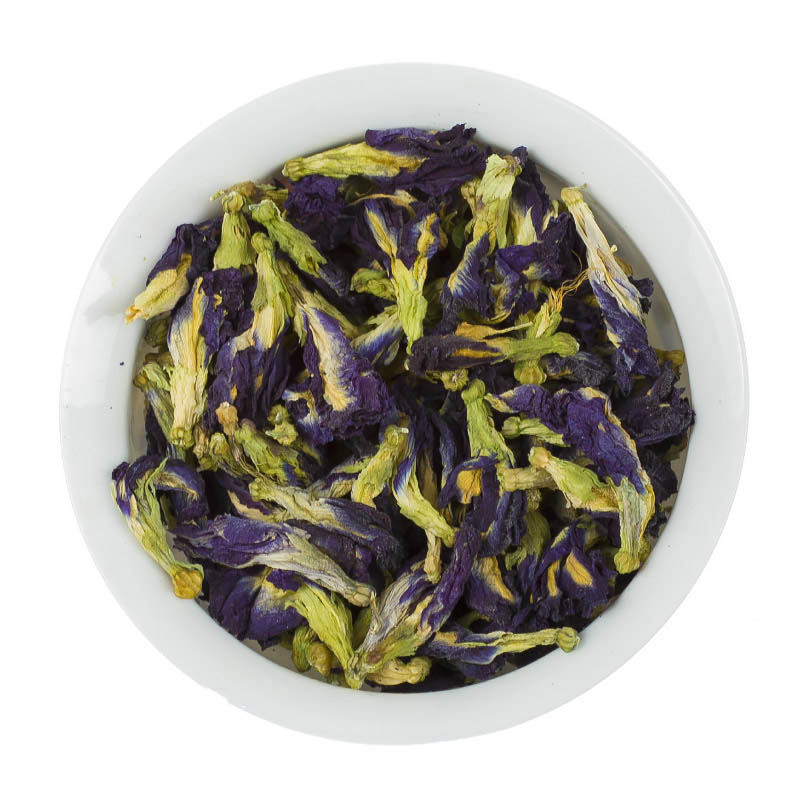What Many Know but Few Appreciate… Green Tea: Benefits and Harms
Entire treatises have been written on the topic: “How does green tea affect the human body?” Countless websites overflow with information, detailing every nuance of the tea leaf’s chemical composition. Yet, if you stop a random person on the street and ask, “What are the benefits of green tea?”, it’s hard to get a complete answer or even a couple of specific facts. For some reason, everyone knows that lemon is rich in vitamin C, making it popular for fighting colds and boosting immunity… but very few have heard that green tea contains significantly more vitamin C than the famous citrus fruit.
When it comes to the question of “green tea benefits,” many women will say—it’s good for weight loss. And that’s a good start! At least one of its valuable properties is widely known in our country. However, the medicinal properties of green tea are not just a couple of health benefits, but a long list that can rightfully be called “the pride of this aromatic beverage.” But more on that later…
As a rule, Ukrainians drink a cup of green tea without thinking about its health benefits. And that’s a pity. Fact: the Chinese drink this tea throughout their lives and live significantly longer than we do. And not just live—they feel great and stay highly active. Don’t forget: high productivity is one of the key aspects of a successful, fulfilling life. When you work, you live. The more you work—the more you gain. And through work, life gives back…
Before diving into the “beneficial properties of green tea,” we must point out: beverages sold in regular stores often contain chemical substances that are far from healthy. Most tea brands use damaged leaves, buds, twigs—discarded material from the production of quality loose-leaf teas. This tea dust has minimal health value. If you want more than just a hot drink—if you want to enjoy a unique substance that enriches your body—pay attention to what you’re buying. The benefits of green tea depend directly on its quality. The true health benefits come only if the tea is from elite Chinese varieties, grown and produced in China’s tea provinces, and bought from trusted specialized tea stores in Ukraine. Brewing also matters. Keep in mind:
- The water temperature should not exceed 80–90°C. You don’t need a thermometer—just open the kettle lid and hold your hand over the steam after 30–40 seconds. If it doesn’t burn, the water is suitable. Boiling water destroys the beneficial substances—it simply “kills” them.
- Use ceramic, porcelain, or glassware pre-warmed with boiling water.
- A quality variety can be brewed 2–3 times. With each brew, steeping time increases by 20 seconds.
- The tea should only be consumed fresh. After an hour, its benefits diminish.
- Never reheat green tea—it turns into a toxic substance with harmful compounds.
Green Tea: Benefits and Harms
Benefits of Green Tea
As we’ve already mentioned, the benefits of green tea are undeniable. But that’s just words. They need real, not virtual, confirmation. Unfortunately, people often skim through articles and quickly forget the facts. We encourage you to read this and decide for yourself: is drinking a couple of cups of this unique beverage each day important to you? If any of the information under “green tea benefits” resonates with you—you’ll become a loyal fan and feel its natural power yourself.
What can a cup of green tea do? Or better yet, 2–3 cups a day (250–300 ml). But not more—overconsumption can be harmful. How? We’ll explain shortly…
- It supplies the body with antioxidants, particularly catechins. Many people don’t know what this means. In short: antioxidants slow the aging process at the cellular level. No, drinking green tea won’t keep you looking like a teenager forever. But it can help preserve your health and appearance.
Antioxidants help prevent cardiovascular diseases (stroke, heart attack) and protect cellular DNA from cancer.
Catechins regulate blood sugar, making green tea extremely beneficial for diabetics. - Green tea leaves contain enough vitamin P to support heart function, maintain blood vessel elasticity, and positively affect the nervous system. A lack of this vitamin leads to irritability and anxiety. A cup of green tea can restore calm and balance.
Vitamin K supports proper blood clotting.
Vitamin B supports the nervous system.
Vitamin C strengthens the immune system, improves stress resistance, enhances performance, and positively affects mental well-being. The list goes on—but we’ve covered the essentials. - Is green tea good for women? Absolutely. But men can benefit too—especially if they’re looking to shed a few pounds.
Multiple studies confirm: green tea burns fat and increases endurance during workouts. This is due to catechins, which limit the immediate absorption of carbohydrates.
Which variety is best? Experts say: oolong (wulong). It’s the most effective fat-burner and energy booster. - Studies show: those who drink at least 3 cups of green tea a day live longer.
- Green tea contains theanine—a compound that boosts brain function while calming the nervous system. Regular drinkers of 3+ cups a day are more resilient to stress.
- Green tea’s active compound—epigallocatechin gallate—is prescribed to patients after a heart attack. It speeds up recovery and reduces the risk of heart failure.
- Arteries tend to harden and lose elasticity, leading to stroke and heart failure. Green tea helps prevent these issues—reducing the risk by 25–45%.
- It lowers blood pressure. Drinking 2–3 cups a day can reduce hypertension risk by 65%.
- Epigallocatechin gallate also lowers blood sugar—provided the person drinks 4–5 cups of high-quality tea daily for at least 8 weeks.
- Alcohol abuse is common in Ukraine. Studies show: green tea protects the liver from alcohol-related damage. So even if you enjoy whiskey or cognac in the evening, don’t forget to drink enough green tea during the day. Who knows, green tea might become your new favorite.
- It strengthens the immune system as well as lemons! 4–5 cups a day can neutralize harmful bacteria and viruses.
- British experts have found: green tea hydrates cells better than plain water. And as we know—hydration is key for healthy skin: fewer wrinkles, more smoothness, evenness, and a fresh look.
- Important for both men and women: green tea contains caffeine—specifically theine, which acts more gently and slowly than the caffeine in coffee. However, large amounts of strong green tea can cause insomnia, nausea, and frequent urination. It’s not recommended at night.
When discussing “green tea properties” and “green tea benefits and harms,” we must address the following questions:
Which tea is healthier—black or green? It’s hard to say definitively—each has unique properties and affects health differently. But in terms of fat-burning and energizing effects, green tea wins.
Which tea is healthier in general? That’s individual. It depends on your health, medical conditions, and personal sensitivities.
Which green tea is the healthiest? High-quality loose-leaf tea grown in China’s tea provinces.
Is green tea with milk healthy? Opinions differ, but most agree: yes. This combo helps curb hunger and regulate blood pressure.
What are the benefits of green tea with lemon? It’s a powerhouse for the immune system, heart, and blood vessels. But those with ulcers, gastritis, or pancreatitis should avoid it.
Can you drink too much green tea? Excess is harmful. The optimal amount is 4–5 cups per day. Beyond that—side effects may occur.
Is green tea safe during pregnancy? Not recommended—or only in small, weak infusions. Its caffeine and other compounds can cause premature labor and harm the baby’s health.
We’ve covered the benefits of green tea—briefly, but clearly, we hope. Now it’s time to talk about its potential harms.
Green Tea Harms
- As mentioned in the “green tea benefits” section—theine (a relative of caffeine) can aggravate an unstable nervous system.
- Green tea is contraindicated for stomach ulcers, as it can increase gastric acid and worsen the condition.
- Do not consume it when you have a fever—it can raise body temperature even more.
- For those with liver issues, black tea is a better option. Green tea puts more strain on the liver.
- Some say green tea benefits dental health, others say it harms. There’s no clear answer.
- Green tea is contraindicated for gout—it contributes to the formation of toxic urea, which is hard to eliminate.
Green tea: harm and benefits… As you can see, the benefits far outweigh the risks. Once again, this proves that the beverage possesses unique healing properties—ones you can start benefiting from today. So ask yourself: is it worth passing up the chance to live longer, better, and healthier?
